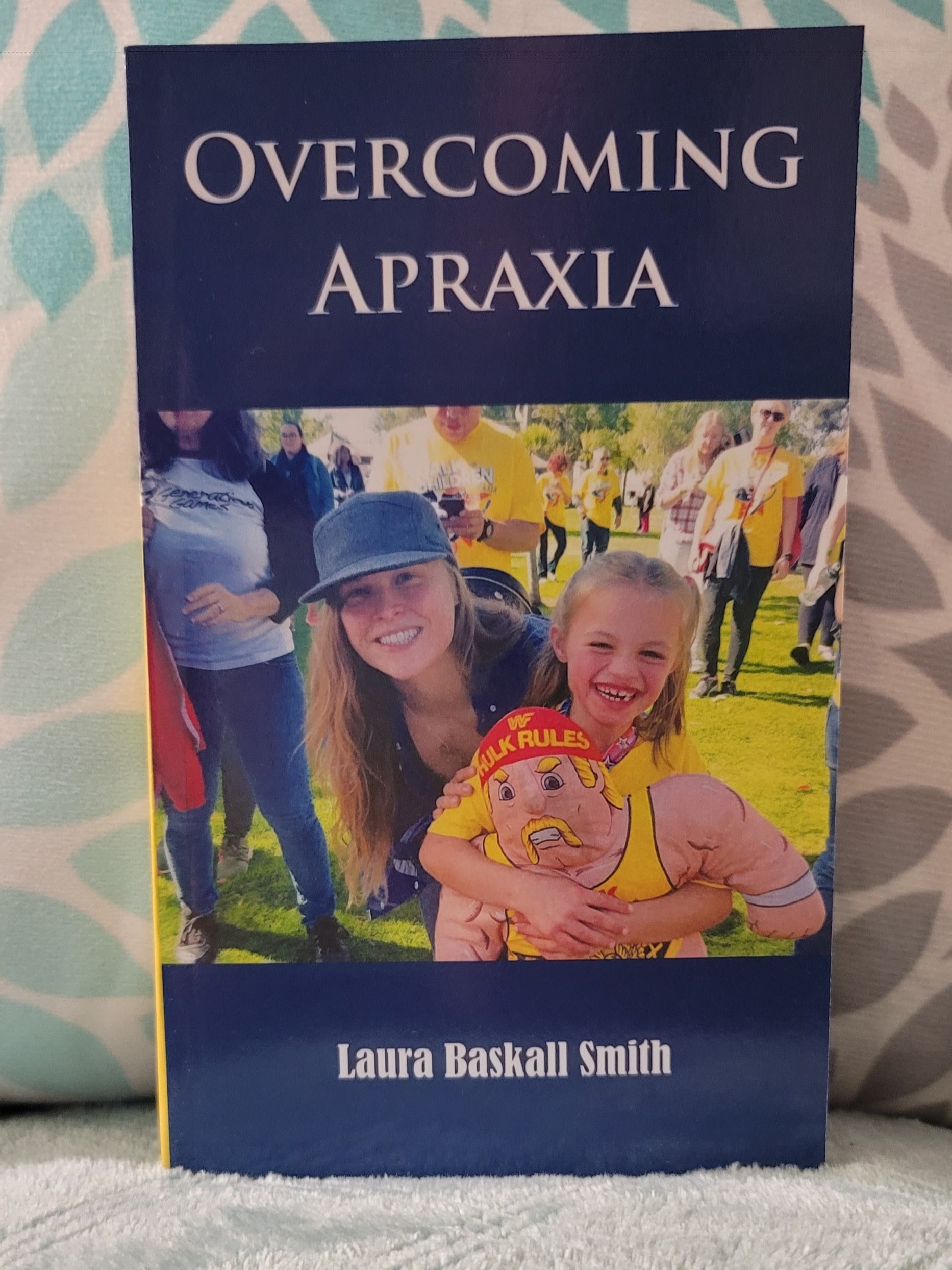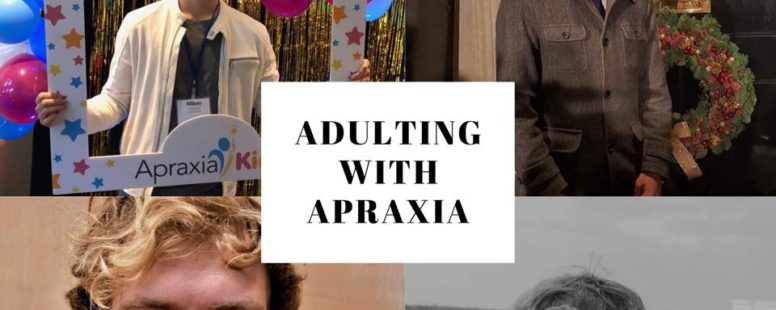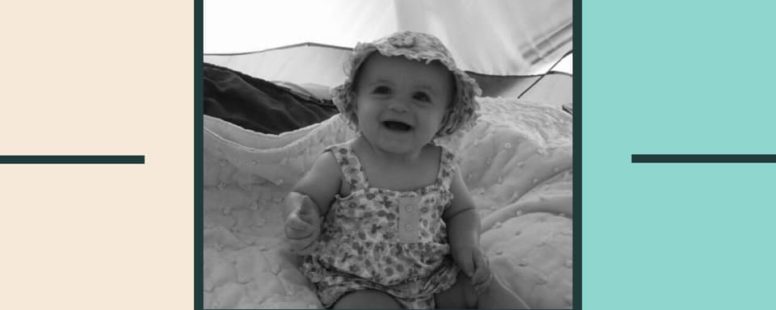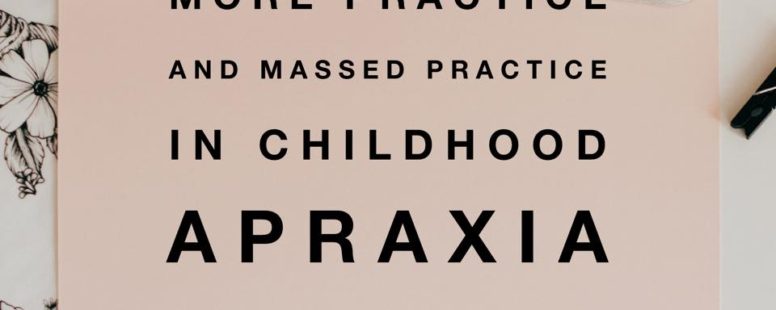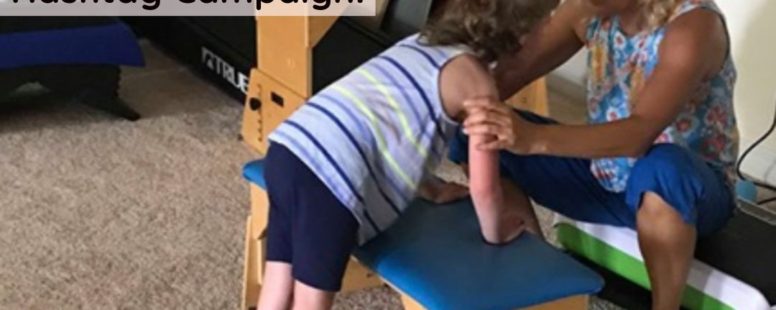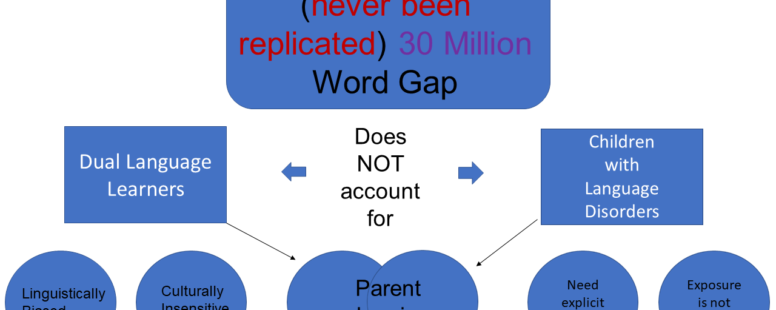Adulting with Apraxia
I’m so excited to have some of the two largest apraxia social media influencers with me today to talk about what it is like to be “Adulting with Apraxia.” Mikey Akers from Mikey’s Wish and Jordan LeVan from Fighting for my Voice are both young men living with verbal apraxia. In the UK, verbal apraxia is known as verbal dyspraxia. Jordan and Mikey were talking one day about various issues
